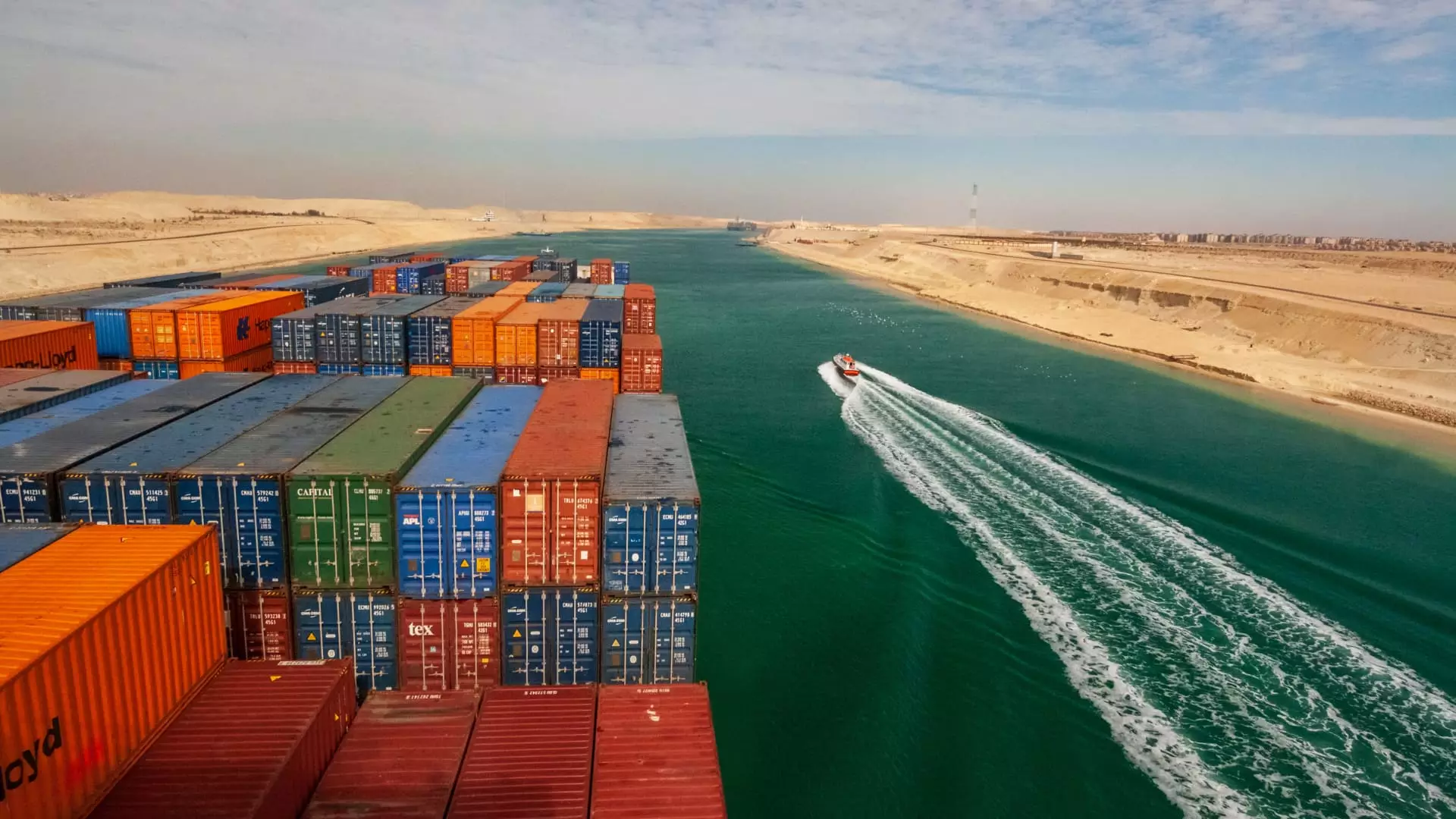The Biden administration ended the year on a positive note with a strong December jobs report, showcasing a series of economic wins. However, the recent global shipping delays caused by attacks on cargo vessels in the Red Sea are posing a threat to this momentum. Danish shipping company Maersk, among others, has announced an indefinite diversion of its fleet from the region due to ongoing attacks by Houthi rebels. These diversions, which began in December, redirect over $200 billion in trade away from the Suez Canal, impacting global supply chain efficiency.
The Biden administration acknowledges the risks associated with shipping holdups and the potential domino effect on the U.S. supply chain. As the U.S. economy continues to recover from the impacts of COVID-19, any disruptions in the supply chain could hinder this progress. During the pandemic, shipping ports experienced significant backups, preventing billions of dollars’ worth of goods from reaching the U.S. market. Consequently, the White House is closely monitoring the situation to prevent further disruptions.
Although the current delays have had minimal impact on energy costs, concerns remain regarding the implications for global manufacturing and consumer goods. Lael Brainard, director of the National Economic Council, expressed her dissatisfaction with Maersk’s actions, deeming them “unacceptable.” However, she did not delve into the potential consequences if major shipping lines continue to avoid the Red Sea due to safety concerns. Already, several companies, such as Ikea and Electrolux, have felt the impact of these delays on their operations and product availability in the U.S.
Recognizing the gravity of the situation, President Biden’s national security team is actively working with a broad coalition of partners and engaging in close contact with shippers. Their goal is to address the challenges and find solutions to ensure the safety and efficiency of global shipping. Cooperation among nations and shipping companies is vital to overcome these obstacles and avoid further disruptions to the global economy.
The global shipping delays caused by attacks on cargo vessels in the Red Sea threaten to undermine the economic wins achieved by the Biden administration. While the December jobs report showcased positive growth, the redirection of trade away from the Suez Canal due to safety concerns presents challenges for the U.S. supply chain. The potential consequences on global manufacturing and consumer goods cannot be ignored. It is crucial for national security efforts to collaborate with partners and shippers to find viable solutions and minimize disruptions to the global economy. By addressing these challenges swiftly, the Biden administration can safeguard economic progress and prioritize the stability of the supply chain.


Leave a Reply